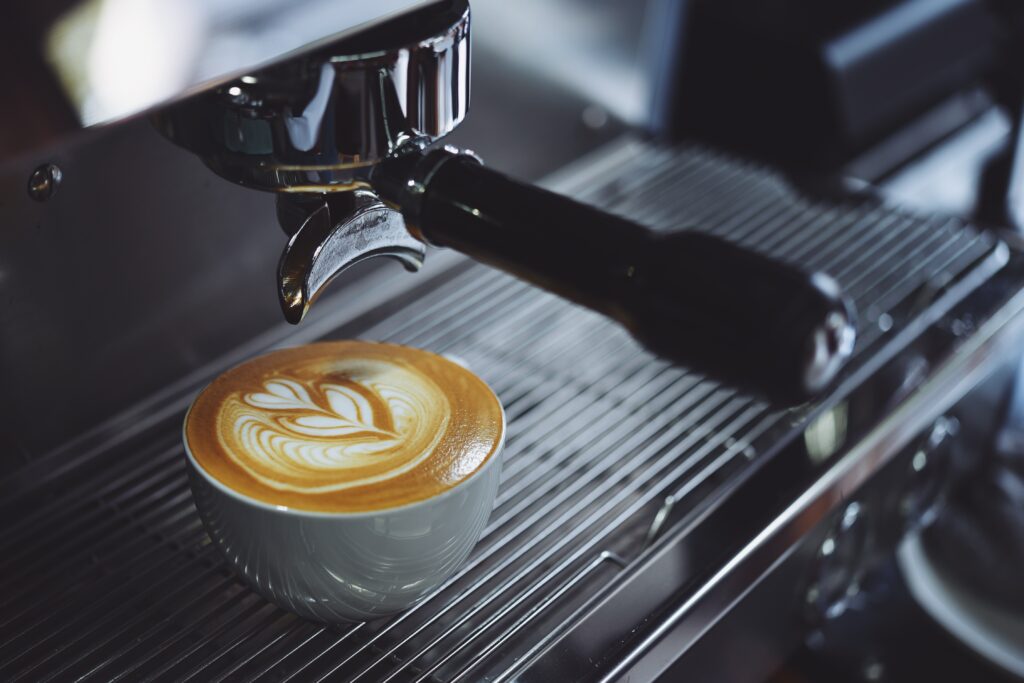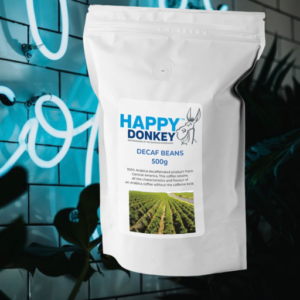For a FREE Commercial Coffee Machine demonstration or to speak to an advisor please call 0800 107 6341
Decaffeinated Beans
Decaffeinated coffee beans are freshly roasted and packed in 250g bags, fitted with a one-way valve. They are made from 100% Arabica beans and have gained significant popularity.
This decaf blend is a combination of beans from various regions, including Peruvian and reliable Brazilian beans, as well as beans from Central America.
The decaffeination process involves the use of the MC Decaff method, where MC stands for Methylene Chloride, a transparent and sweet liquid. Firstly, Colombian and Peruvian coffee beans are steamed to move the caffeine from the inside to the outside of the green bean. Then, the MC is applied to remove the caffeine, and the coffee is re-steamed to eliminate any remaining Methylene Chloride. Afterward, the decaffeinated coffee beans are dried and roasted in the usual manner.
It’s worth noting that Methylene Chloride evaporates at temperatures of up to 200 degrees Fahrenheit, while coffee is roasted at temperatures ranging from 350 to 425 degrees Fahrenheit, leaving very little behind. This method is ideal as it retains the majority of the flavor.
However, it’s important to understand that there is no such thing as a completely caffeine-free coffee bean. Even with the most exotic processes, around 7-13% of caffeine may still remain. Additionally, all decaffeination processes have their drawbacks and are not flawless, despite any claims suggesting otherwise.
Decaffeinated coffee beans are made from 100% Arabica, resulting in a smooth and sweet blend that has become increasingly popular, particularly in affluent areas. A satisfied customer from London shared their experience, stating, “This blend has completely changed my perspective. I used to drink the Happy Donkey Brazilian in the mornings, but now I enjoy the Costa Rica or the Decaf blend.”
That comment speaks volumes about the quality and satisfaction derived from the decaffeinated coffee beans.
Search
Categories
Menu


